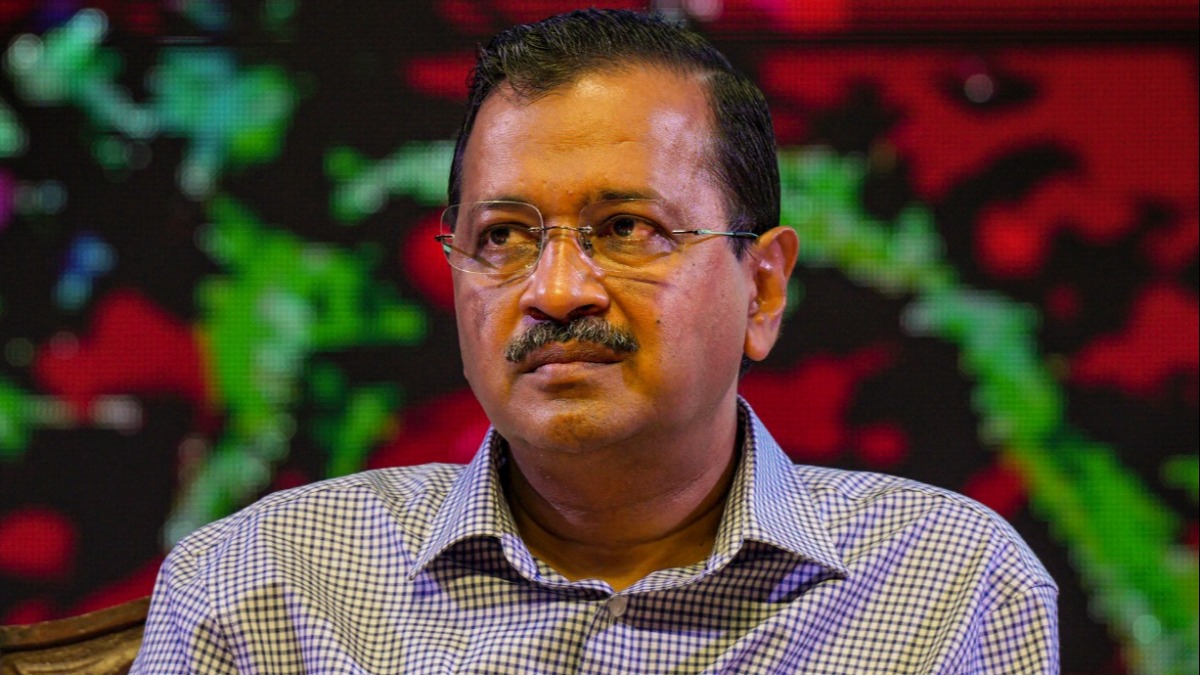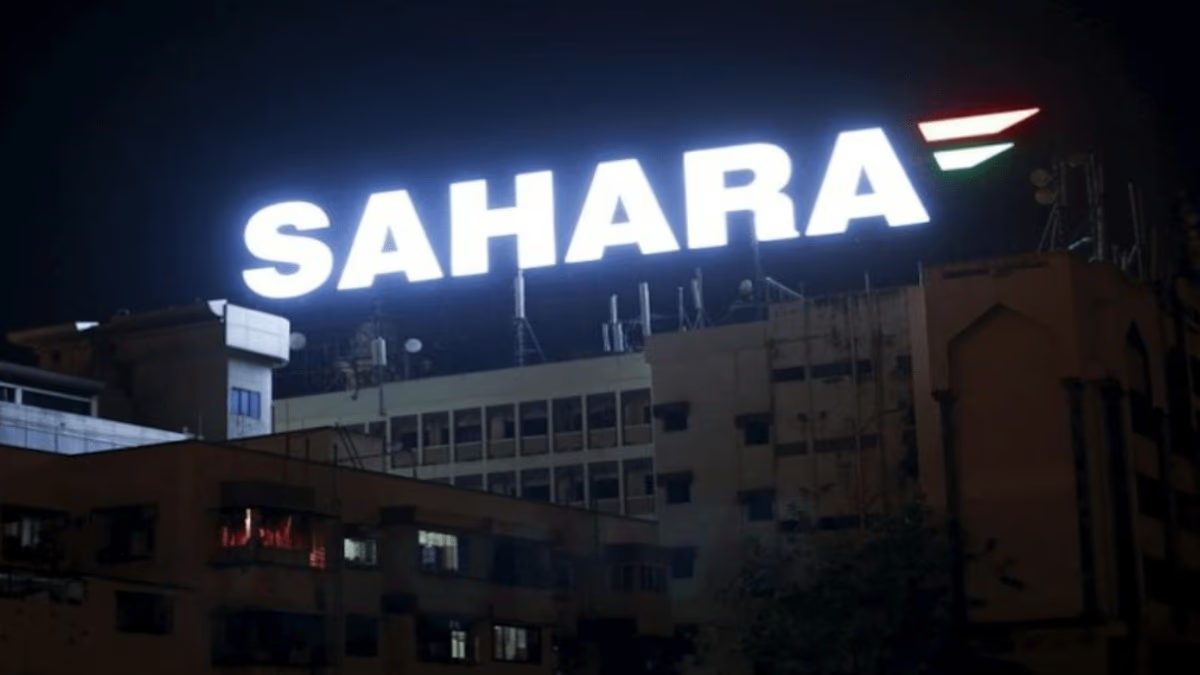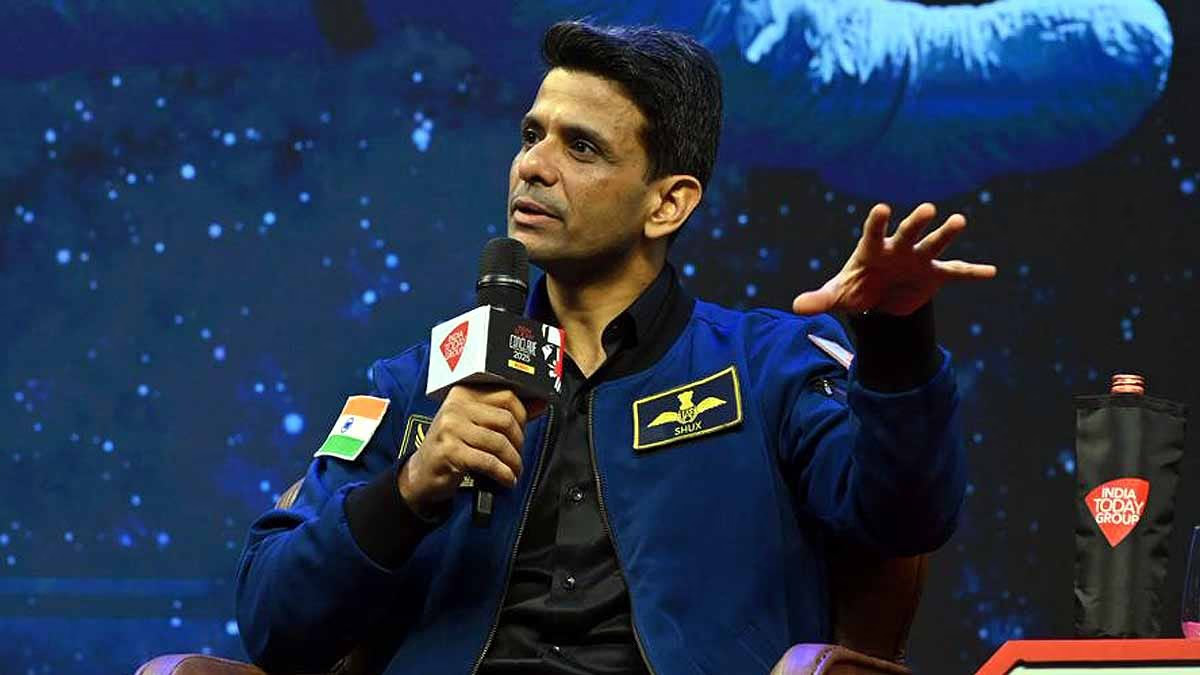Following Chief Minister Arvind Kejriwal, the Aam Aadmi Party (AAP) might now also face increased difficulties in the alleged liquor scam in Delhi. On Tuesday, as the Delhi High Court rejected Kejriwal's bail petition, they remarked significantly that political parties also fall under the ambit of the Prevention of Money Laundering Act (PMLA), Section 70. This implies that AAP could potentially be implicated as an accused in the case.
The court declared that Section 70 of PMLA is applicable in the alleged liquor scam, which allows for the prosecution of companies for committed offenses. Moreover, the High Court ruling clarifies that political parties are included under Section 70, possibly paving the way for the Enforcement Directorate (ED) to accuse AAP accordingly.
Previously, the ED had conveyed to the High Court that the Aam Aadmi Party engaged in money laundering through Arvind Kejriwal, falling under the ambit of Section 70 of PMLA.
Following the court's comments, other political parties are likely feeling heightened anxiety, especially as many opposition leaders are already under the ED's radar with ongoing money laundering investigations. Consequently, ED may now hold any political party accountable under Section 70 of PMLA if deemed appropriate.
What is Section 70?
Section 70 of the PMLA pertains to the investigation of money laundering conducted by companies. It states that any individual in charge or responsible for the company at the time of offense will be deemed guilty and face prosecution.
However, the section also provides that no prosecution shall be initiated against an individual who can prove the laundering occurred without their knowledge or that they attempted to prevent it.
Additionally, an exception in the section delineates that a company is also a separate legal entity, allowing for independent prosecution against its employees or operatives.
Also read:
How was Section 70 brought into this case?
The ED has considered the Aam Aadmi Party as a 'company' during the hearings in the High Court. ASG SV Raju, representing ED, stated that evidence indicates that AAP used the bribe money for electoral campaigning in Goa.
He asserted that the party has committed the offense as a 'group of individuals,' falling within the scope of Section 70, which encompasses not just 'registered companies' but also 'associations of persons.'
ASG Raju argued that while AAP may not be a company in entirety, as a 'union of individuals,' it is tantamount to a company.
ED's lawyer contended that during the time of the alleged money laundering, Kejriwal was responsible for all affairs of the company (AAP), thereby being 'directly responsible' for the purported crime. The focus should not be on his 'role,' but rather the fact that he was the person in charge.
Read more: Delhi Liquor Scam Exposed: From Manish Sisodia to Kejriwal
The narrative turns to whether AAP will also be accused in the fiasco. The ED had openly suggested to the Supreme Court last October that it might consider AAP as an accused in the alleged liquor scam. Although AAP has yet to be formally accused, recent remarks by the ED during a High Court hearing signal that charges against AAP for money laundering through CM Kejriwal are plausible. The ED has already described AAP as a 'company;' if AAP is designated as an accused, the ED could seize the party's assets.
Ultimately, these unfolding events serve as a stark reminder of the intricate relationship between law and politics, the shifting boundaries of legal definitions, and the profound consequences they hold for political leaders and parties alike.




